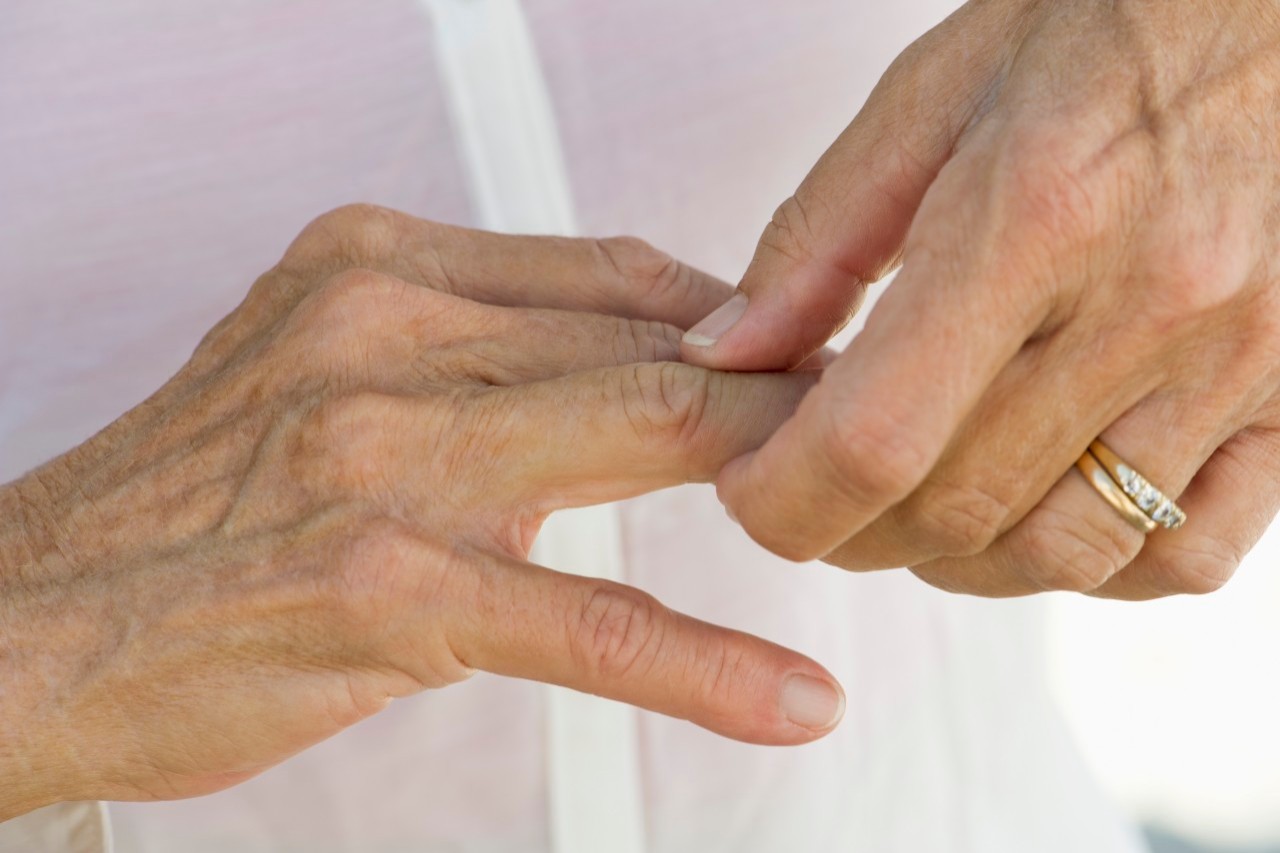January 20, 2016
Successful Weight-loss Requires Finding the Pause

Contrary to the opposing point of view your personal trainer probably instilled upon you at the gym, the secret to success in long-term weight loss is rest and relaxation. There is a lot more to the body’s complex relationship with weight than calories in and calories out. Most of weight loss has to do with the food we put in our mouths, but interesting science over the past decade has changed our view of exercise and stress and how it plays a role. The days of the Jane Fonda approach of the ‘80s and ‘90s to exercise and pounding the pavement for weight loss are long gone. In fact, studies are showing that too much exercise can release an inflammatory response in the body and result in an increase in free radicals. This can be a stress-like response that tricks the body into thinking it must hold and store the food you eat rather than relax and let it pass.
YOU MIGHT ALSO LIKE: Is Inflammation the Root of All Disease?
To counter the stress-like effect of extreme exercise, it’s often recommended that, when you embark on a true weight-loss journey, you ask yourself two key questions.
- How stressed are you?
- How are you sleeping?
The role of stress in obesity is becoming clearer, as we discover that obesity is in fact a brain disorder. Findings from studies on chronic stress are indicating a key role that the pituitary gland plays in weight gain. Interestingly, there are early signs of pituitary inflammation that occur when one starts to hold on to weight. This indicates that managing this stress response is critical for managing and meeting weight goals. MBSR is a mindfulness-based stress reduction technique that has proven to be effective for longer-term weight-loss success. A well-rounded weight-loss program will combine mindfulness and even meditation or yoga with the right nutrition to calm the body and comfort it into a state where it isn’t afraid to let go of the excess fat in fear of famine on the horizon.
Sleep is critical for success in weight loss as well. Think of the time you sleep as the best time of day to lose weight. During sleep is when your body clears itself of toxins, rests in parasympathetic mode, and burns calories while mobilizing fats. Similar to the role of stress hormones induced by over exercise, the lack of sleep also results in a dysfunctional hypothalamic-pituitary axis and inappropriate melatonin response. Central obesity or “gut fat” has been shown to correlate with this sleep deprivation, and this is particularly the kind of fat that predisposes individuals to cardiovascular disease and diabetes.
The latest science is showing us that weight loss is not about pounding the pavement; it’s about finding your inner state of peace and rest and bringing your body back into balance. Our culture of overachieving and pushing hard at work and at home does little for the waistline and doesn’t often help in getting you to your goal. Ever wonder why if you eat right and are active you lose more weight on vacation than when not? Your body is telling you the answers to your long-term weight loss goals. Find your balance, find the moments in-between to rest and relax, and watch while your pounds start to melt away more quickly.


